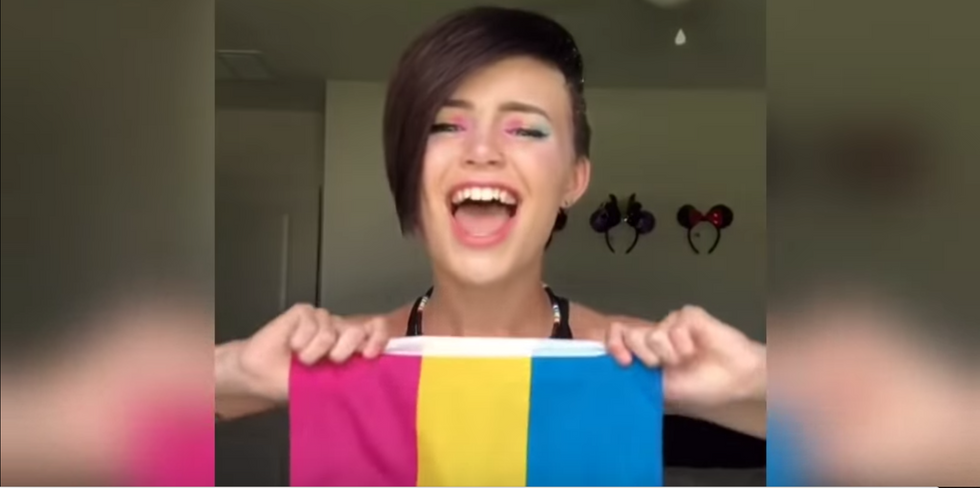The video-sharing app TikTok is marketed toward and used ravenously by younger demographics. When you watch the videos, you can like, subscribe, and share - similarly to Vine (RIP). It is humorous and provides literally hours of content that, like every social media outlet, distracts you from the real world.
Looking at the ages of these girls and boys making videos, many of them are in middle or high school, a good chunk are in college, and there are also some bored adults wanting to get in on the action.
Many of the younger ones, however, can be seen dancing to dances and songs that I thought, at first, were extremely inappropriate for their age group — in reality, they are using this app to define and embrace their sexuality and identities at a young age.
Young people are using this app as a platform to express themselves, it's somewhere where they can be themselves.
Unlike Instagram and Twitter where it's just photos and words, these are live videos. Users can even make groups to collaborate with others in their same communities, and these creators are getting, like, famous for it.
One of the first TikTok videos I ever watched was a "sound" video made to Lizzo's "Boys" song, but instead of it saying the actual words, it replaced "boys" with "girls." This "sound" video style has become to many an international means of coming out to family and friends about one's sexuality, showing real-time reactions from the people in their life - and it's going viral. There are also several other "sounds," like what they call a "personality change check" which is a compilation of pictures or videos to songs such as "She's So Gone" by Naomi with a transition into the sexuality they are in now, versus what they were at another time in their life.
These TikToks are even compilated on other media platforms like YouTube or Twitter with titles like "Lesbian Girl TikToks That Make Me Wonder If I'm Really Into Men." I am using girls as an example, but there's also a huge community of TikTok creators coming out as trans and even exposing the nasty things people say to them because of it.
At first, you watch these videos and don't think much of them because they might be fake or whatever, but these are real people with real reactions. This platform, which I could imagine was meant to be for funny people, turned out to be that, PLUS way more. When I was in high school, if out lesbians dressed more masculine in public, they got made fun of. Now, thanks to this app, there are girls walking the same halls in the same attire, but they're more popular than ever because people actually feel accepted. They are confident. They use these videos as their personal diaries to be who they are, and everybody else can watch along with them.


















